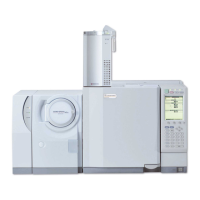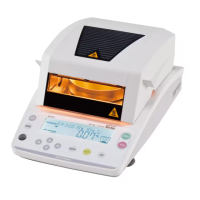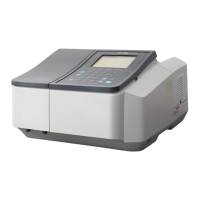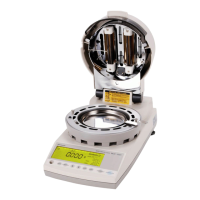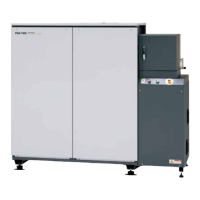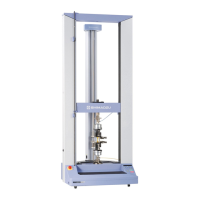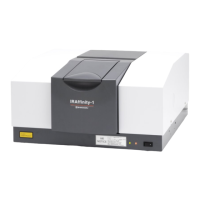vi GCMS-QP2010 Series Operation Guide
High-Pressure Gas Precautions
Operation Precautions
! WARNING
• High-pressure gas cylinders are used to supply the carrier gas. Follow the instructions received from
the cylinder suppliers and handle the cylinders carefully.
Not doing so may cause poisoning or a fire.
• Keep the cylinders in a well-ventilated outdoor location that is not directly exposed to sunlight, and use pipes
to convey the gas indoors. For liquefied gases, this is required by law.
• Ensure that the temperature of gas cylinders never exceeds 40 ºC and that there are no naked flames within
2 m of the cylinders.
• Ensure that the installation site is well ventilated and, as part of the daily inspection procedure, check for gas
leaks using soapy water. Do not smoke or use open flames within 5 m of equipment using highly combustible
gases, such as acetylene, hydrogen, and propane, or potentially combustible gases, such as oxygen and
nitrous oxide. Keep a suitable fire extinguisher nearby at all times.
• Secure the cylinders with ropes or by some other method to prevent them from falling over.
• Be sure to use oil-free pressure reducing valves. Also, do not use pipes in which oil is present on the inner
surfaces that make contact with the gas.
• After using the gas, close the main valve immediately.
• Check that the pressure gauges are functional at least once every three months.
• Warning signs (adhesive aluminum plates) that indicate hydrogen gas use are provided free of charge.
Contact your Shimadzu representative in cases of particular necessity.
Legal authorization is required to use cylinders with a capacity of 300 m
3
or greater.
Refer to high-pressure gas control laws, liquid petroleum gas safety regulations, general high-pressure gas
safety regulations, and fire safety laws for more information.
! WARNING
• Wear safety glasses when handling solvents or when injecting samples into the gas chromatograph.
If solvent gets into the eyes, it may cause blindness. If solvent does get into the eyes, immediately flush with
large amounts of water and seek medical attention.
• Do not place solvents near PCs, printers, or other types of office equipment.
Doing so may cause a fire or equipment failure.
• Do not use flammable sprays (e.g., hair sprays and insecticide sprays) near the product.
They may ignite and cause a fire.
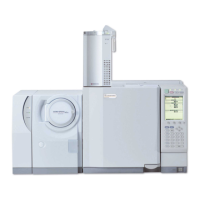
